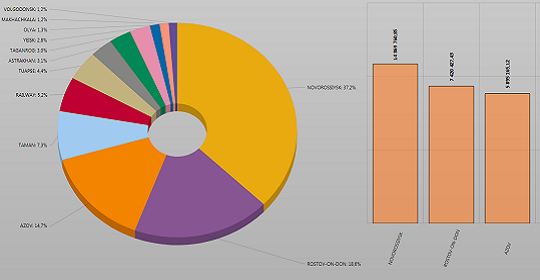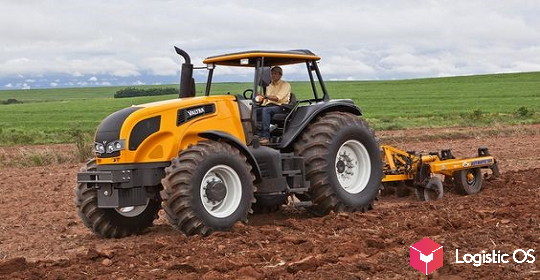However, the department notes that the total amount of state support should not suffer in this case.
Initially, compensatory and incentive subsidies were introduced in 2020.
It worked like this:
— Compensatory subsidies were paid for keeping performance. For example — the number of sown hectares, harvested tons of crops, heads of livestock.
— Stimulating subsidies at the same time were not tied to anything, they were simply distributed to those branches of agriculture, the development of which was considered a priority by the government at this point in time.
However, at present, the need for incentive subsidies has disappeared, since all the provisions of the Food Security Doctrine have been implemented, as Elena Fastova, Deputy Minister of the Ministry of Agriculture of the Russian Federation, noted.
The country was able to achieve its food security in all respects, and in some respects the plan was even overfulfilled.
With this in mind, it was decided to stop paying incentive subsidies from 2024.
At the same time, if initially about the same amount of money was spent on support with the help of compensatory and stimulating subsidies, then in recent years the “skew” began to be done precisely in favor of stimulating ones.
Will the abolition of the subsidy be a blow to farmers?
Most likely no.
Firstly,, as already mentioned, the abolition of the incentive subsidy will not mean that the money that farmers could receive with its help will simply disappear: they will be paid anyway, just using other mechanisms.
Secondly, as many representatives of the agricultural industry note, even before that they did not receive much benefit from stimulating subsidies (and from compensating ones too).
According to experts, other mechanisms could be much more useful:
— Subsidizing agricultural equipment manufacturers, which would allow farmers to purchase this equipment from them at a discount of up to 50%.
Most farms lack the equipment, and its high price does not always allow them to fully resolve this issue at their own expense.
— Preferential lending.
Most manufacturers consider this measure to be the most effective, as well as the most understandable, while the distribution of subsidies often followed the principle “everything for someone, nothing for someone”.
— cancellation of export duties and quotas could become the most effective support measure.
And taking into account the fact that Russia has achieved food security, now it is not too clear why they are needed, experts say.

